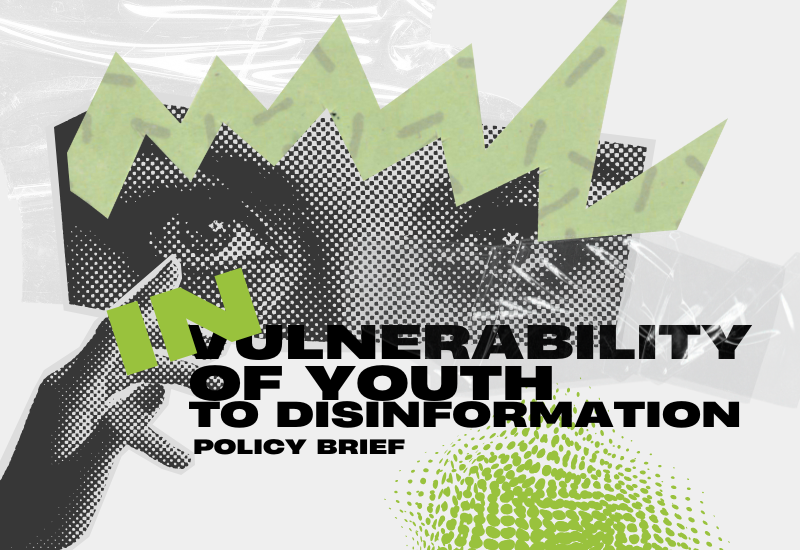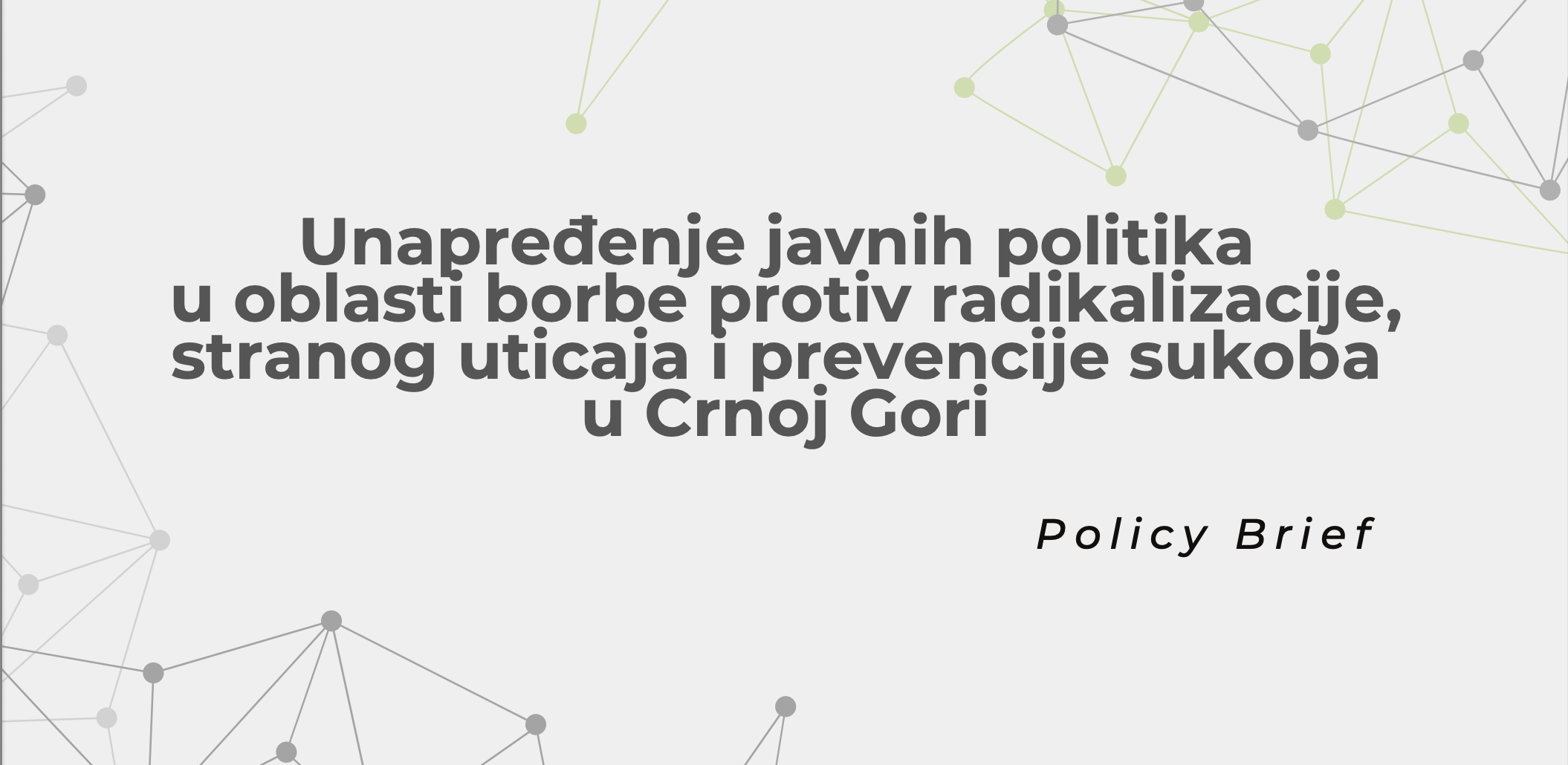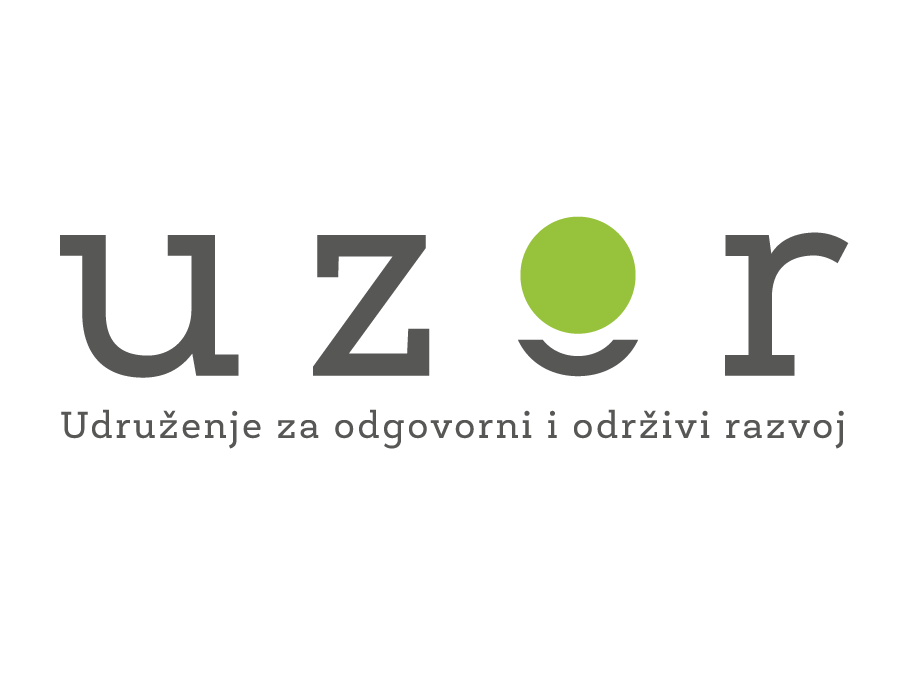As part of the CAROUSEL project, on May 23, 2025, a dynamic online training was organized, prepared by UZOR and conducted by IMP, BISTRA, and external circular economy consultants Tijana Sekulić and Miodrag Kostić. The training gathered partners and stakeholders from the entire ADRION region with the aim of deepening knowledge and exchanging best practices in the field of upcycling and circular entrepreneurship.
The session began with a powerful metaphor – Kintsugi, the Japanese art of repairing broken pottery with gold, symbolizing how upcycling gives new life and value to discarded materials. The consultants emphasized how upcycling stands out among circular strategies because it combines sustainability with creativity, economic potential, and social impact.
Main highlights:
Legislation and political insights:
The training elaborated on the evolving EU legal framework, including the updated Waste Directive, Extended Producer Responsibility (EPR) for textiles, and the Digital Product Passport within the Eco-design Regulation for sustainable products. These changes create fertile ground for upcycling initiatives across the region.
Upcycling in practice – BISTRA Ptuj:
The BISTRA team presented StudioKroG, a pioneering upcycling center made from repurposed shipping containers. This center represents a full-cycle reuse model – from collection, through redesign, to production. BISTRA also showcased tools like the 3R application and highlighted how it involves municipalities, NGOs, and citizens in jointly creating circular solutions.
Socio-economic impact:
The session emphasized how upcycling empowers local economies – creating green jobs, preserving traditional crafts, and providing opportunities for social enterprises and marginalized groups. Real-life examples included the artisanal fashion brand Marija Handmade and repair networks such as RepaNet from Austria.
Practical tools:
Participants explored frameworks like the Value Proposition Canvas for designing circular business models aligned with community needs and engaged in interactive exercises on food waste reduction and product redesign.
As upcycling becomes key to Europe’s green transition, this training helped CAROUSEL project partners equip themselves with the knowledge, tools, and inspiration needed to lead locally and connect globally.
Together, we are not just reducing waste – we are designing a future where materials, people, and ideas circulate with purpose and meaning.





